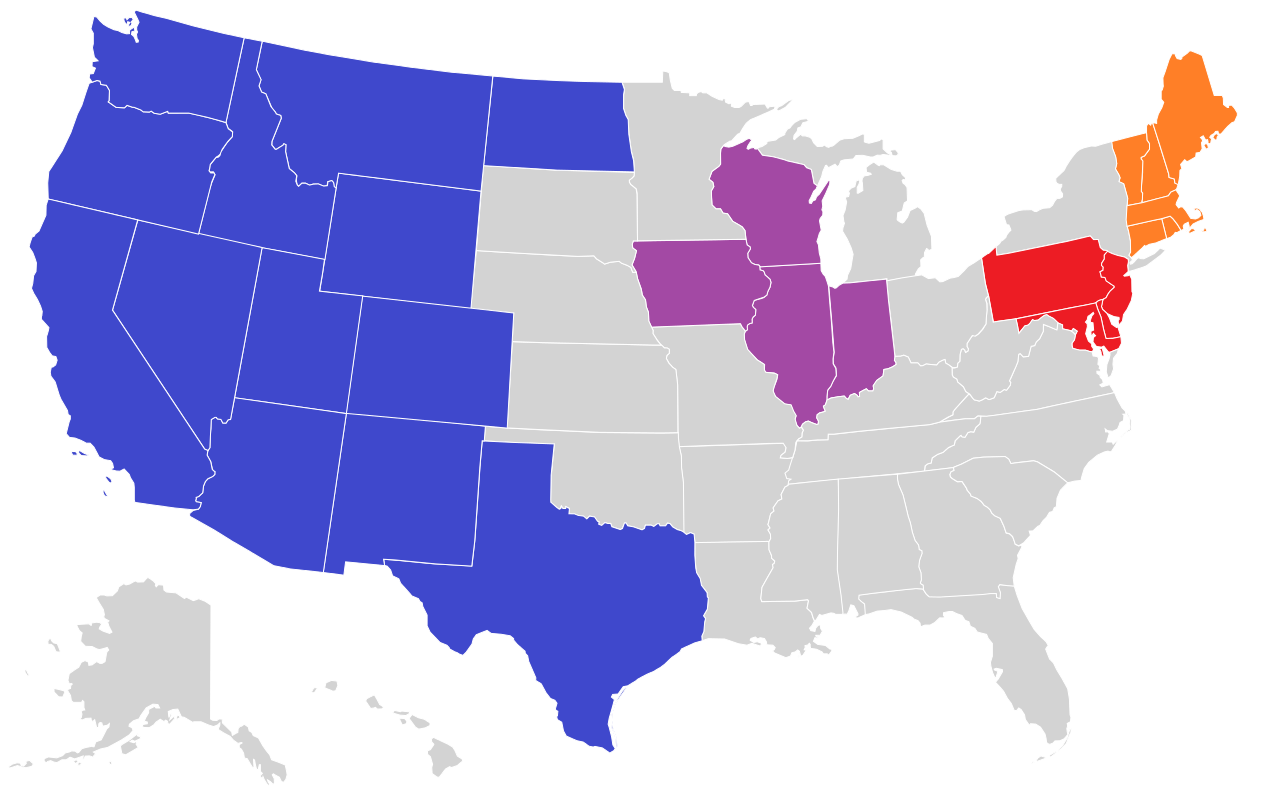Make the Most of Your ISA Allowance – Before it’s Too Late
Fast Facts
#1 Use Your ISA Allowance
make sure you do that before any other savings or investments.
#2 Time is Running Out
If you have unused allowances, then you’ve 23 days to use them otherwise they are irretrievably lost.
#3 ISAs can be Transferred
if you’re not happy with the return you’re receiving on your cash ISA it could well be improved by switching to a different provider.
#4 Don’t Wait Until the Last Minute
the longer your money is invested the longer it has to grow.
#5 And Remember
consistent saving in an ISA can see you accumulate a significant sum over the long term.
Make the Most of Your ISA Allowance
Before it’s Too Late
Sheltering up to £11,520 tax-efficiently means taking action NOW
As I’m writing this the end of the financial year is only 24 days away – but for practical purposes make that 23 days, given that April 5th this year falls on a Saturday.
That means there’s not much time left to make the most of your Individual Savings Account for this year – and to make a good start on your tax-efficient savings for the following year.
ISAs (as they’re popularly known) were introduced by Gordon Brown on 6th April 1999 – fifteen years ago if you want to feel old! They replaced PEPs and TESSAs, with the original annual limit on the amount you could invest being £7,000.
The overall limit for the current year ending on April 5th is £11,520 and from April 6th will rise to £11,880. Up to half of this amount – £5,940 – can go into a cash ISA, with the balance going into a stock and shares ISA.
The full £11,880 can obviously be invested in a stocks and shares ISA and it is also possible to ‘mix and match.’ For example, £3,000 into a cash ISA and the balance of £8,880 into a stocks and shares ISA.
Financial advisers will always tell you that if you’re going to save you must maximise your tax free savings – make sure you use your ISA allowances before you do anything else. Why are they so insistent? It comes down to compound interest.
Whether you’re saving through a cash ISA or investing in the stocks and shares equivalent it makes sense not to pay tax on your returns.
Over a short period of time – say your first year – the difference between taxed and untaxed returns isn’t very significant. But over a longer period of time – ten years, for example – it most definitely is, because of the effect of compound interest.
Save regularly and consistently, allow compound interest to work for you and over time the returns can be dramatic.
There are now several people claiming to be *millionaires simply from investing in ISAs every year and making sure that they used their full allowance. Admittedly they have enjoyed particularly good growth rates to reach the ‘millionaire milestone’ in such a short space of time: but the million pound target is within reach of anyone saving consistently over a 30 year period, assuming only a modest rate of growth and cost-of-living increases in the ISA allowance.
Remember too that any children not eligible for a Child Trust fund account are eligible for a Junior ISA. For 2017/14 that limit is £3,720 – which makes them a great place to start saving for a child’s further education or first house.
So as the end of the tax year approaches – and remember, ISA allowances cannot be carried forward from one ta year to the next – what action should you take? Here is our five point guide:
-
If you’re saving or investing in this tax year and you haven’t yet used all your ISA allowance, make sure you do that before any other savings or investments
-
If you haven’t used any of your ISA allowances, then you’ve 23 days to use them otherwise they are irretrievably lost
-
Don’t forget that ISAs can be transferred from one provider to another: for example, if you’re not happy with the return you’re receiving on your cash ISA it could well be improved by switching to a different provider
-
Don’t wait until the last minute to use your 2017/2015 ISA allowance: the longer your money is invested the longer it has to grow
-
And remember that regular, consistent saving in an ISA can see you accumulate a significant sum over the long term
As always if you have any questions or comment on the points made in this article then don’t hesitate to contact us here at Equity SMART. We’re only a phone call or an e-mail away!
Warmest regards
Sam
Strategic Development Director
The value of investments can go down as well as up and you may not get back the amount invested. The value of tax savings in an ISA depends on individual circumstances. Information is based on our current understanding of taxation legislation and regulations. Any levels and bases of,and reliefs from taxation, are subject to change.
We manage your wealth in less time with less hassle
You could improve your situation, starting today - Click the link
Contact Us Today
